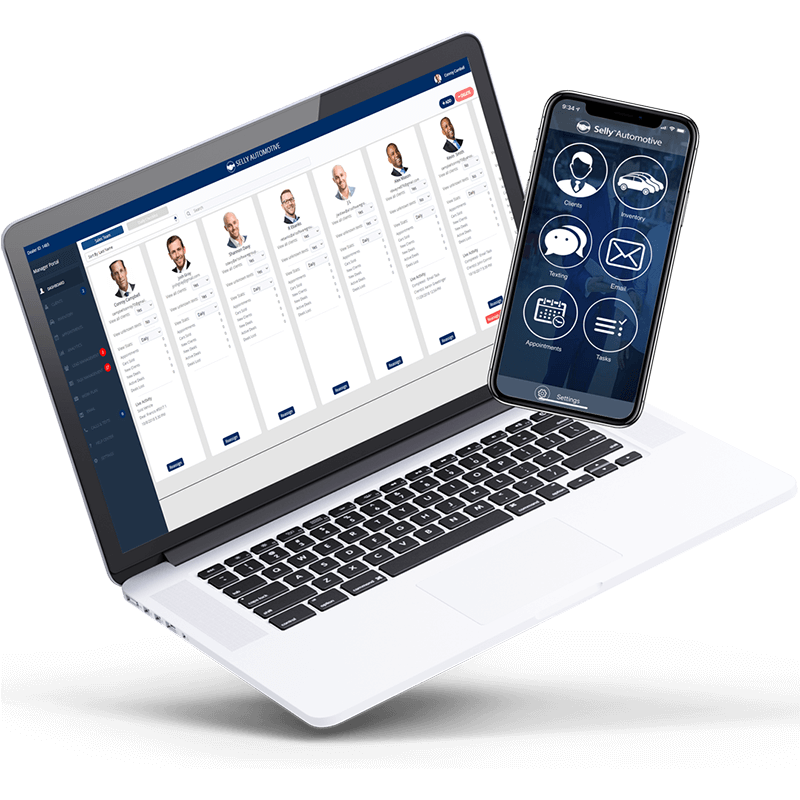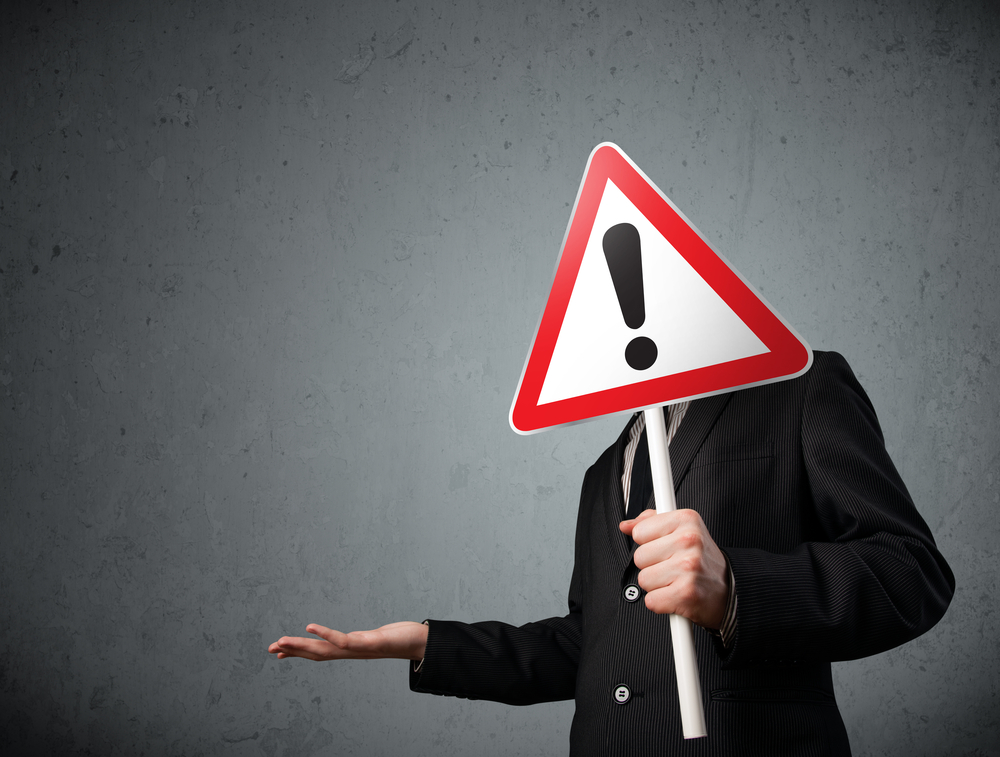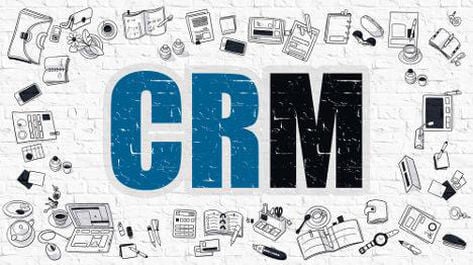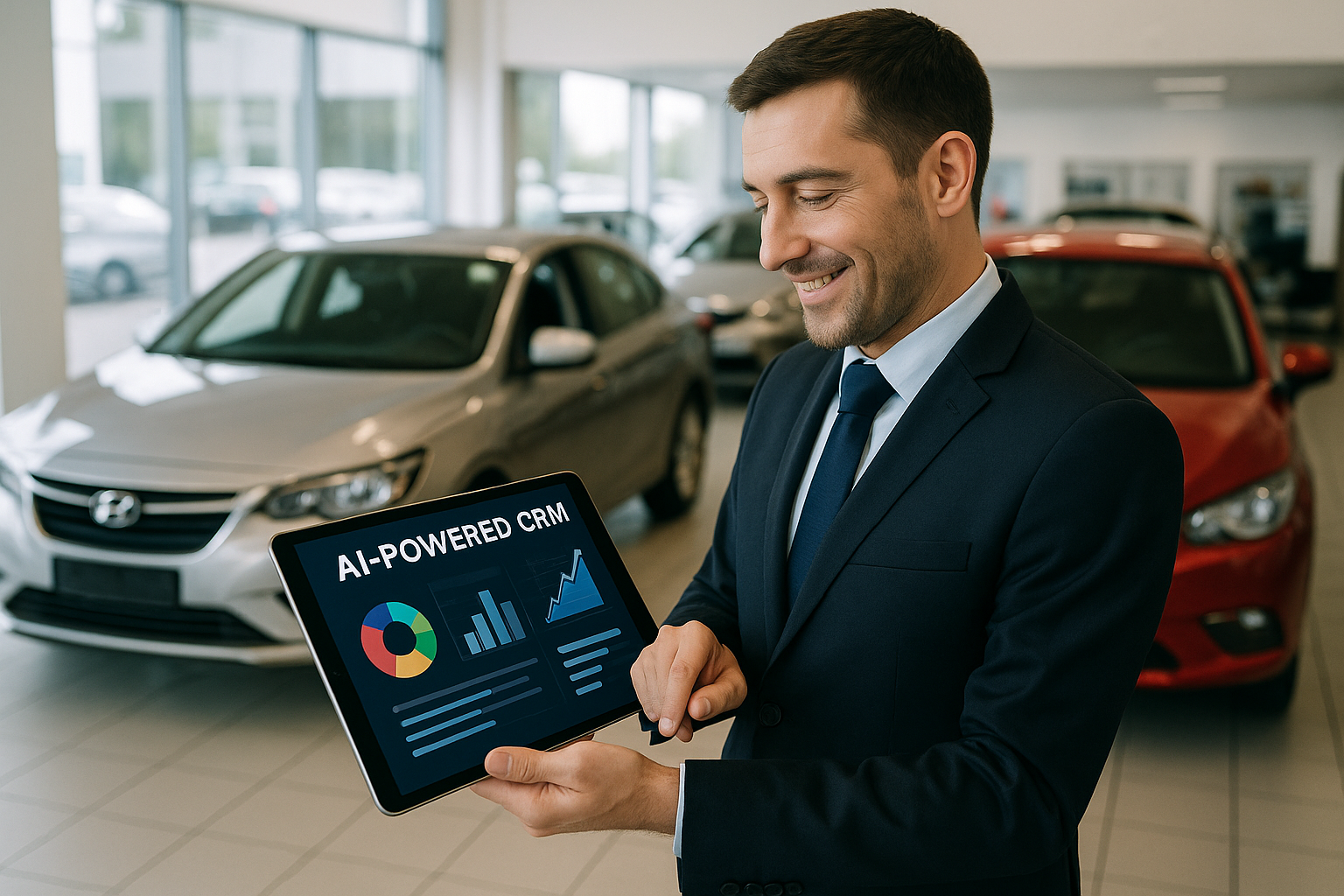Today’s car-buying marketplace demands nothing less than a connected, personalized customer experience.
Consumers want dealerships to know who they are and what their interests are. Dealers need to anticipate the types of cars and services they need. Car buyers want to reach their salesperson whenever it’s convenient for them, whether by phone, email, chat, or text.
These expectations make it critical for a dealership to leverage its customer relationship management (CRM) system. Unfortunately, some dealerships use a DMS but still don’t have even a basic CRM solution.
Many dealerships do realize the value and potential of a CRM system, but they’re frustrated by the lack of “fit” between the CRM and the way they do business. This doesn’t mean your dealership isn’t right for a CRM. You just haven’t found the CRM that’s right for you!
Why CRMs are a Critical Tool

Before we get into what dealerships should look for in a CRM solution, let’s enlighten holdout dealerships on the value they are missing.
At its core, a CRM system helps to manage sales and marketing processes while delivering a more streamlined customer experience. CRMs let dealerships set workflows for their sales teams, manage Internet leads, and store valuable customer data that allows remarketing to existing customers.
For example, a dealership can use their CRM database to run customized campaigns encouraging trade-ins. CRM leads are warmer because you have more information on them than a cold, online lead.
CRM systems also help you shorten sales cycles and turn inventory faster. Manager dashboards help track overall trends and individual performance levels, while individual salespeople can view their own opportunities to ensure prompt follow-up for faster closes.
The ROI of a CRM shows up in several ways: total revenue, revenue per lead, shorter sales cycle, and higher customer Lifetime Value (LTV).
Don’t fall in love with features
Modern CRM systems have innovative features that give dealerships an edge over stores that don’t use one. However, technological bells and whistles mean nothing if the system doesn’t fit your dealership’s sales process and deal flow.
Fit is the single most important CRM criteria. Your CRM needs to align with your sales culture, workflow, deal processes and business goals. If you use an UP system, then the CRM should complement it. If your business is single- or multi-rooftop, then the CRM must be calibrated to work well with those physical facilities.
“Fit is the single most important CRM criteria”
A CRM needs to meet your dealership’s basic needs, have an intuitive user interface, and be simple to learn. It has to be mobile, enabling your sales team to “work the lot” from virtually anywhere.
A good CRM system provides multi-channel communication capabilities via email, voice, chat, and text. It also has integrated social media tools to stay connected with prospects. It offers your people increased visibility into the pipeline and sales trends at a glance, with dashboard-centric reporting. And of course, the right CRM for you must also be affordable.
5 signs you should rethink your CRM

Did any of these key criteria hit a nerve? If so, you may be using the wrong CRM. If you’re still not sure, here are five warning signs that it’s time you rethink your approach to CRM:
1. High Price
Are you paying more for your CRM than some of your sales guys’ salaries? Do you lack a clear ROI on your CRM system, or are you locked into a multi-year contract?
If your store sells less than 50 cars a month, you don’t need a CRM designed for multi-rooftop dealers and loaded with every whiz-bang feature in the book. Grab your sales team and create a critical features checklist to cover what your dealership really needs. Then do your due diligence when researching different CRM systems. Demo several options to identify a good fit for the price and a system that works well with your sales processes.
At the end of the day, you want to trim your monthly CRM payments with a more affordable system that is right-sized for your business.
2. Poor Mobile App
Does the mobile version of your CRM feel like it belongs on a 2000’s Palm Pilot? Mobile is crucial for salespeople, with statistics showing a 30% increase in the number of “fresh-ups” once they start using a mobile CRM.
Putting everything at your salespeople’s fingertips, with faster data entry tools, improves sales productivity. A good mobile CRM will give your team the ability to scan both VIN and driver’s license information. Best-in-class mobile CRMs will also tell you who’s calling with details of their car interests. These screen “pop-ups” make your salespeople look caring and informed wherever they take a call.
3. Legacy System
This one is simple. If your dealership has a CRM system that feels “clunky” and doesn’t integrate with other applications you use, consider dumping it. If the interface looks outdated and doesn’t integrate with top social media tools, then trade in your legacy system for a newer model.
4. Overly-Complicated with “Feature Overkill”
Does your CRM actually make your sales process less efficient and slow deal momentum? Are there a zillion features, when your process only requires a few critical ones?
You get out of a CRM what your salespeople enter into it. If the CRM just slows them down, then they will stop using it. Stick with a simple CRM solution and focus only on what your sales team really needs.
5. General Purpose CRM
Many dealers choose to use general purpose CRMs. These tools are often powerful and feature-rich, but are not focused on the B2C automotive industry. Your dealership CRM needs to be automotive-specific, not a general SaaS system.
Make sure your CRM is tailored to the automotive world, with integrations for important dealership tools like your DMS.
It’s never too late to change
Use these warning signs to steer your dealership to the right CRM. Make the best possible decision by including your sales team in crafting a critical CRM functionality checklist. If your team isn’t experienced with CRMs, consider bringing in an outside consultant to help evaluate options for your store and sales culture.
Change can be hard. It often takes 60 to 90 days of using a CRM before it becomes a natural process for your team. Follow the guidelines above, and stay patient to maximize your CRM ROI.



.png)




.jpg)
.jpg)
.jpg)
.jpg)

.png)
.png)
